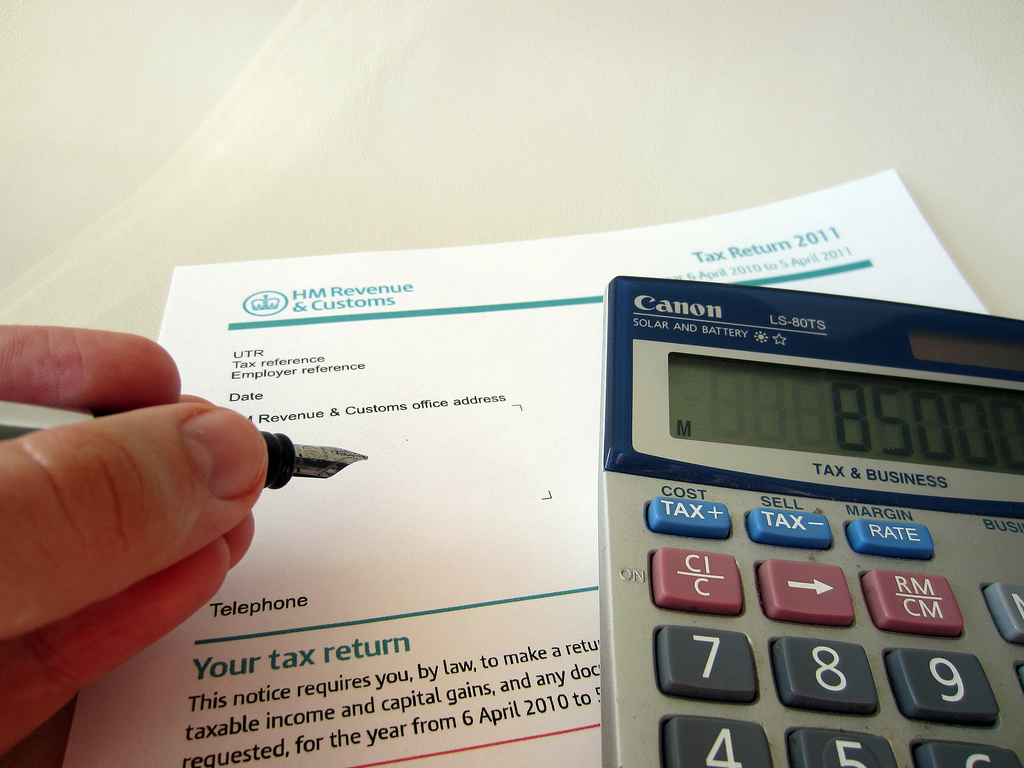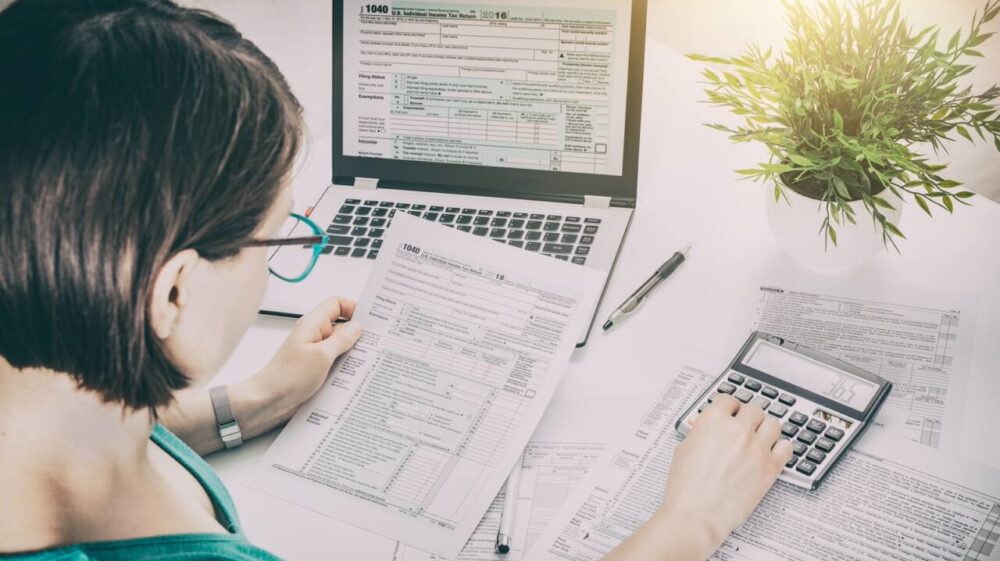How To Protect Yourself From Tax Identity Theft

When tax season comes around, most of us are thinking about how quickly we can file, what money we might owe, or what deductions we can claim. We likely aren’t putting very much thought into protecting our identities — but we probably should.
Tax-related identity theft can happen when someone uses your social security number to file a tax return and receive a refund before you do. You may not realize this theft has occurred until you file your own return, only to receive a notice that one has already been filed for you. This type of identity theft is not uncommon; according to a U.S. Government Accountability Office report, $5.8 billion of refunds in 2013 were later found to be fraudulent.
Luckily, there are ways to protect yourself from becoming a victim of tax identity theft. To keep your identity from being stolen, follow these six tips that will help keep your identity protected.
1. Don’t Give Important Info Over Email, Text, or Social media
The IRS does not use email, text, or social media to request any personal or financial information. They also won’t call you by phone to demand payment. If you receive any requests via these channels, don’t respond, and instead report them to phishing@irs.gov.
2. Avoid Any Websites That Don’t Begin With “www.irs.gov”
If you receive an email or letter directing you to a website that doesn’t begin with www.irs.gov, don’t proceed. Thieves can create phony websites that mimic the IRS e-services online registration page, and although they may look identical, these sites trick you into giving personal information that can be used for identity or monetary theft later on.
3. Lock Up Your Mailbox
If you have a curbside mailbox, it’s extremely easy for anyone to take your mail and access a trove of personal information. Consider getting a mailbox lock, and make sure you put your mail on hold whenever you are traveling on vacation.
4. Shred Papers Before Tossing
Identity thieves often go through trash cans to find personal information, so destroy any papers with important info before getting rid of them. Whether you shred or burn these documents, make sure they are unsalvageable before tossing them into the garbage.
5. Use A Strong Password
If you’re filing your tax return electronically, be sure to use a strong password on both your computer and the tax return software you are using. If you need help coming up with a good password you can remember, HowToGeek.com has some tips on password creation.
6. Save Your Information On An External Drive
After you file your tax return, save the file with all your information on a flash drive, external hard drive, or CD, and place it in a locked box or safe. Delete the information from your computer so thieves are unable to access it.
Taking the proper precautions can help you avoid tax identity theft so you can receive your tax return without any issues. If you find that you are the victim of theft, report any fraud to the IRS by filling out this IRS form or calling 800-366-4484.





